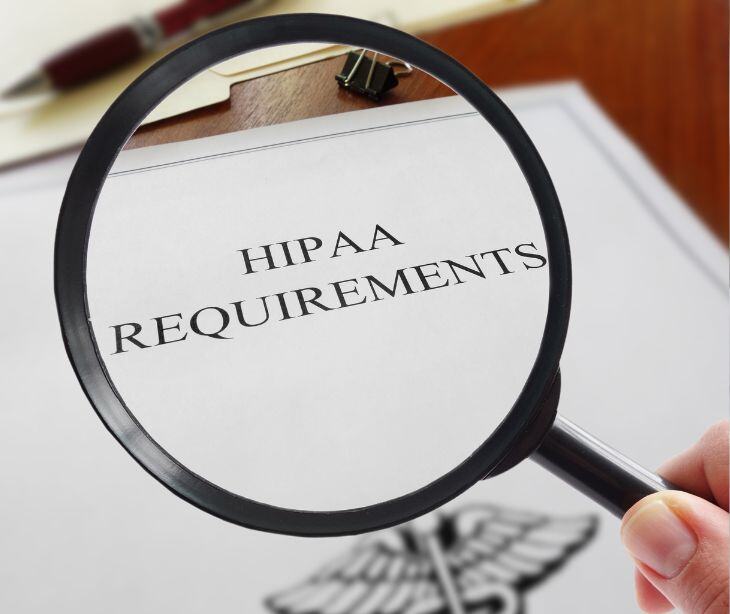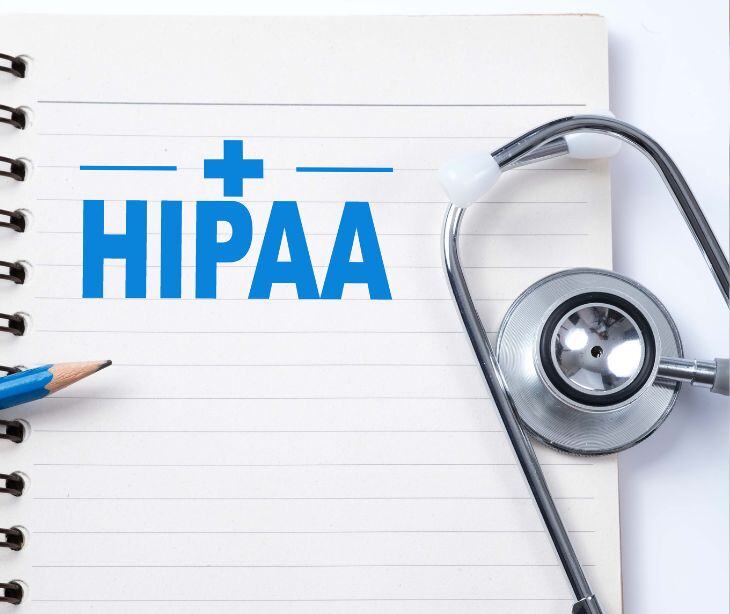
Appeals are essential to ensuring audit findings are fair and accurate and reflect the organization’s true compliance status. While not common, appeals do occur frequently, particularly when findings could lead to significant financial penalties, damage to reputation, or impact on operations.
Reasons for appeals
Organizations may choose to appeal HIPAA audit findings for reasons such as:
- Inaccuracies in the audit report: If the audit findings are based on incorrect information or misunderstandings about the organization's practices, an appeal may be necessary to correct the record.
- Misinterpretation of HIPAA regulations: Auditors may misinterpret the application of certain HIPAA rules or fail to recognize compliant practices, leading organizations to appeal on the grounds of regulatory misinterpretation.
- Overlooked compliance efforts: Sometimes, auditors might not fully account for all compliance measures an organization has implemented. An appeal allows the organization to present additional evidence demonstrating its adherence to HIPAA requirements.
See also: HIPAA Compliant Email: The Definitive Guide
Appealing HIPAA audit findings
“After the site visit, auditors will produce a draft report (usually within 20-30 days) and then provide the covered entity with 10 business days to review and provide written comments,” said Daniel Solove in a LinkedIn post. This is when the covered entity may appeal the finding of the HIPAA audit.
The appeal of HIPAA audit findings requires careful preparation and a clear understanding of the issues at hand. Here’s a step-by-step guide to help you effectively appeal the findings:
Review the audit findings
- Understand the findings: Carefully review the audit report to understand the specific violations or issues identified.
- Identify discrepancies: Look for any inaccuracies or discrepancies in the findings. Ensure that all information is correct and that the findings are based on accurate data.
Gather supporting evidence
- Document compliance efforts: Collect documentation that demonstrates your organization's efforts to comply with HIPAA regulations. This may include policies, procedures, training records, and security measures implemented.
- Show remediation actions: If the findings highlight past issues that have since been addressed, provide evidence of corrective actions taken.
Consult legal and compliance experts
- Seek expert advice: Engage with legal counsel or HIPAA compliance experts to understand the legal implications of the findings and to develop a strong case for the appeal.
- Prepare a response strategy: Work with experts to craft a well-structured response that addresses each finding clearly and effectively.
Draft the appeal letter
- Be concise and clear: Start with a clear statement of your intent to appeal the findings. Provide a concise summary of your main arguments.
- Address each finding separately: For each finding, provide a detailed explanation, including any evidence that supports your appeal. If you believe a finding is incorrect, explain why and provide supporting documentation.
- Highlight corrective actions: Emphasize any steps your organization has taken to correct the issues identified in the findings. Include timelines and evidence of implementation.
Submit the appeal
- Include all necessary documentation: Attach all supporting evidence, including policies, procedures, records, and expert opinions, to your appeal letter.
Prepare for further communication
- Follow-up: The appeal process may involve further communication with the auditing body. Be prepared to provide additional information or clarification as requested.
- Negotiate if necessary: In some cases, it may be possible to negotiate a resolution with the auditing body. Be open to discussions and willing to compromise if it leads to a favorable outcome.
Implement ongoing compliance improvements
- Strengthen compliance efforts: Regardless of the appeal outcome, continue to improve your HIPAA compliance program. Regular audits, employee training, and policy updates can help prevent future issues.
- Monitor and document: Keep thorough records of all compliance efforts and improvements, as these will be useful in future audits or appeals.
See also:
FAQs
What is a HIPAA audit?
A HIPAA audit is a review conducted by the Office for Civil Rights (OCR) to assess an organization's compliance with HIPAA regulations. These audits examine how well organizations protect patient privacy, secure health information, and adhere to HIPAA standards.
Read more: How to conduct a HIPAA compliance audit
Can appealing audit findings prevent penalties?
A successful appeal can potentially prevent or reduce penalties. If the appeal demonstrates that the findings were inaccurate or that corrective actions have mitigated the issues, the OCR may adjust the penalties accordingly.
What should organizations do if their appeal is denied?
If an appeal is denied, the organization should carefully review the decision to understand the reasons. They may need to take further corrective actions to address the identified issues and ensure ongoing compliance. In some cases, there may be an option for further appeals or negotiation.
Subscribe to Paubox Weekly
Every Friday we'll bring you the most important news from Paubox. Our aim is to make you smarter, faster.



